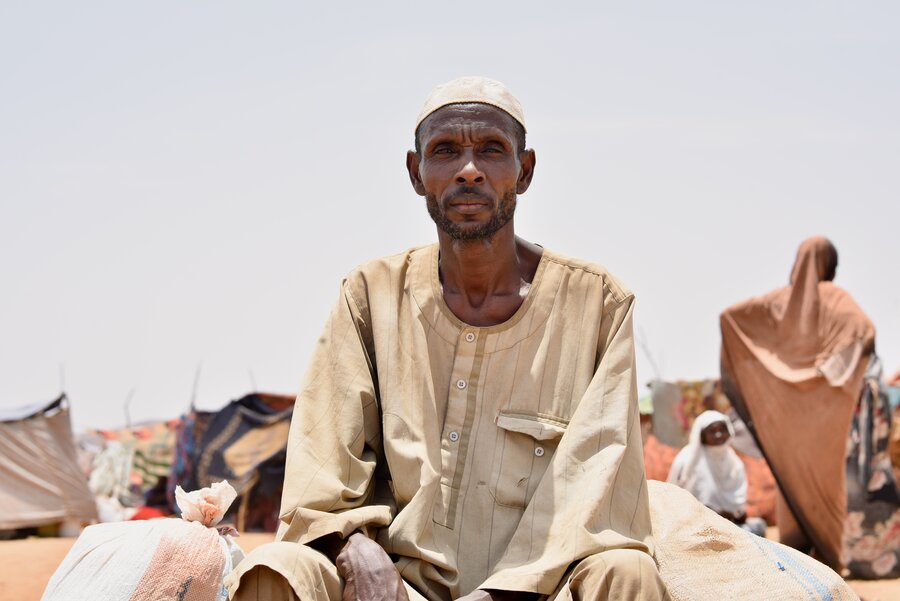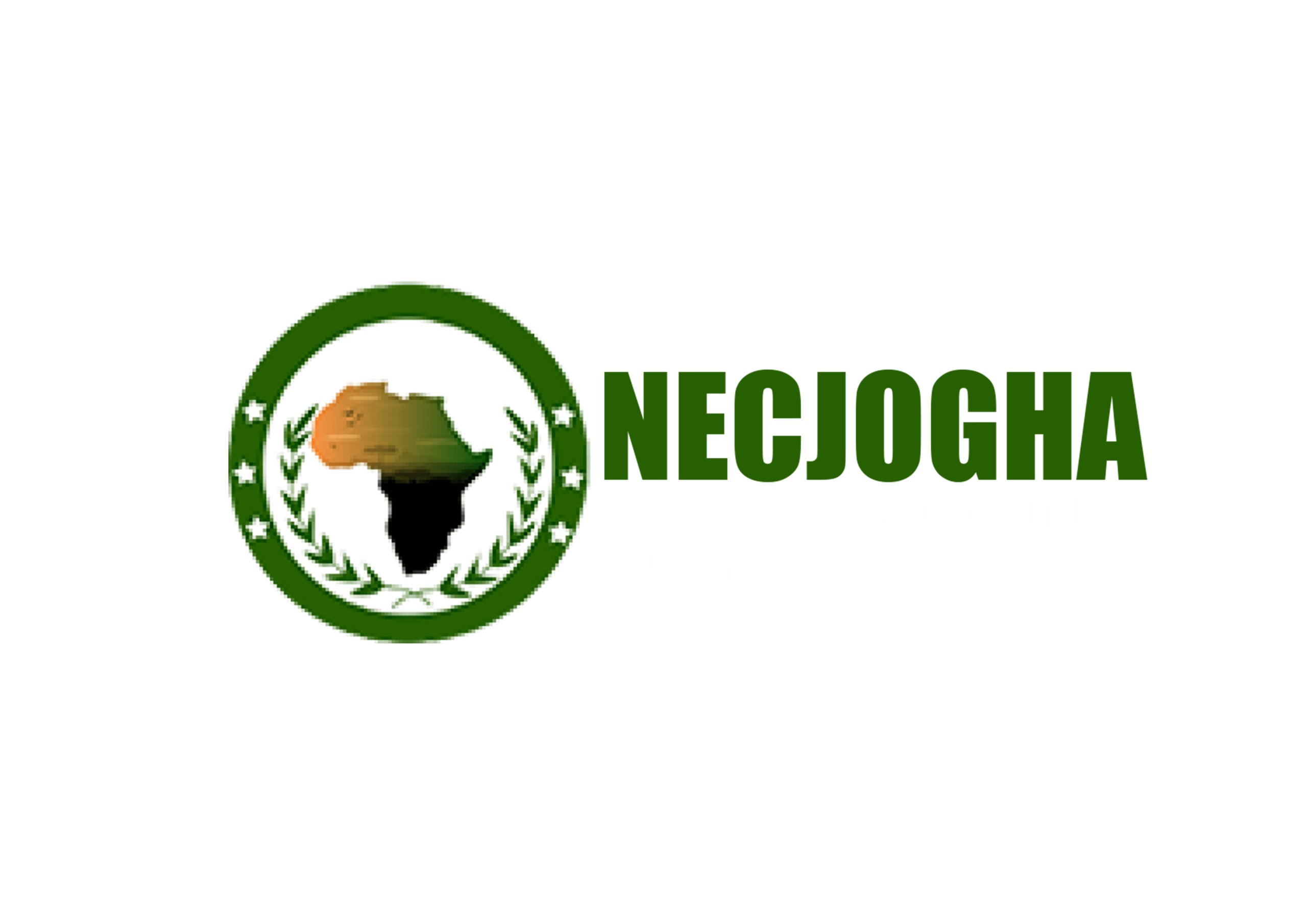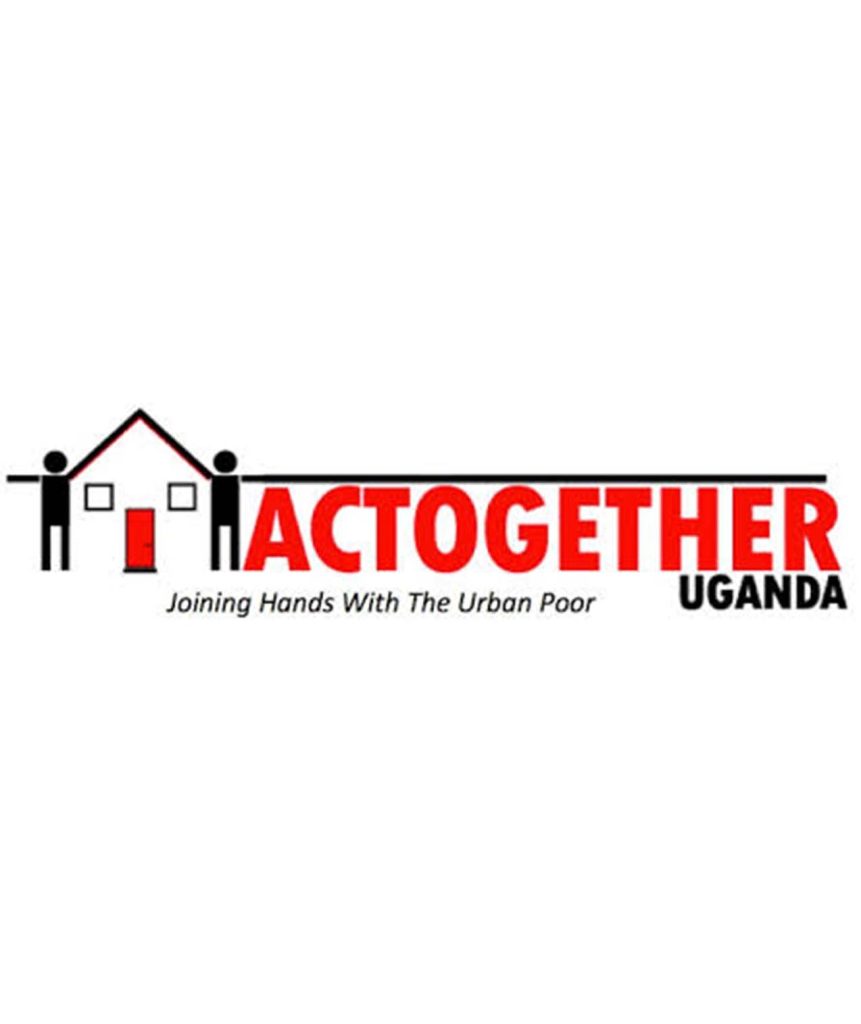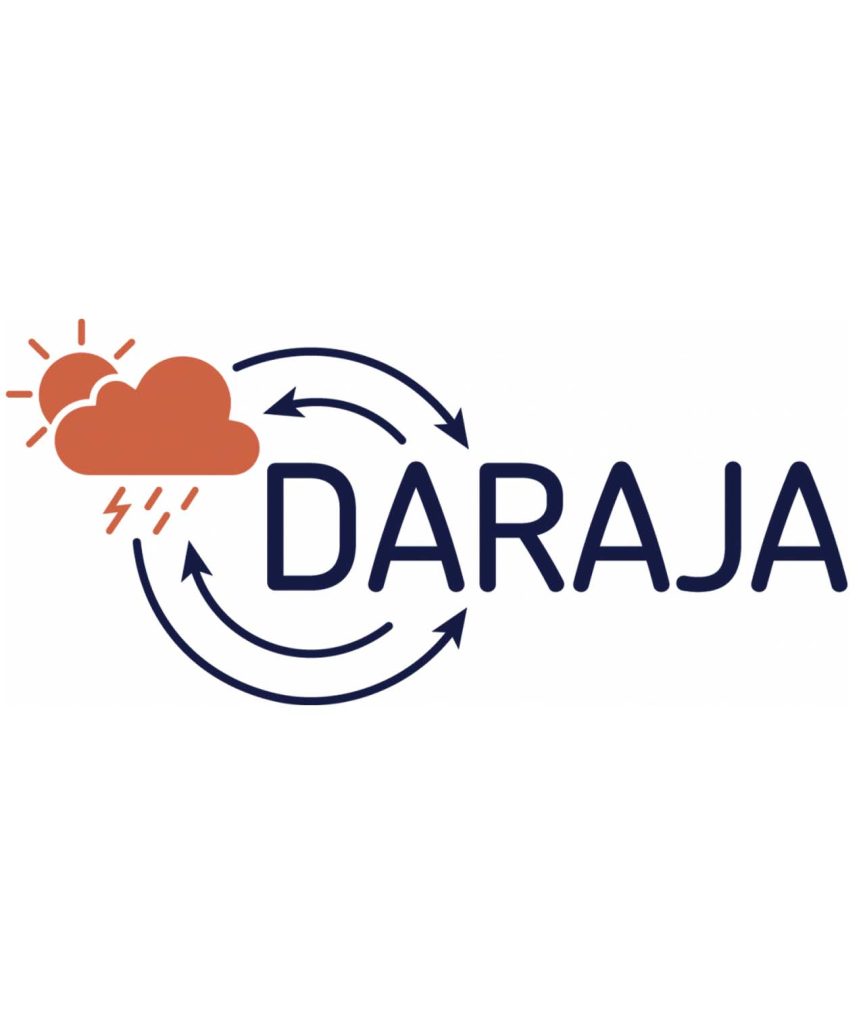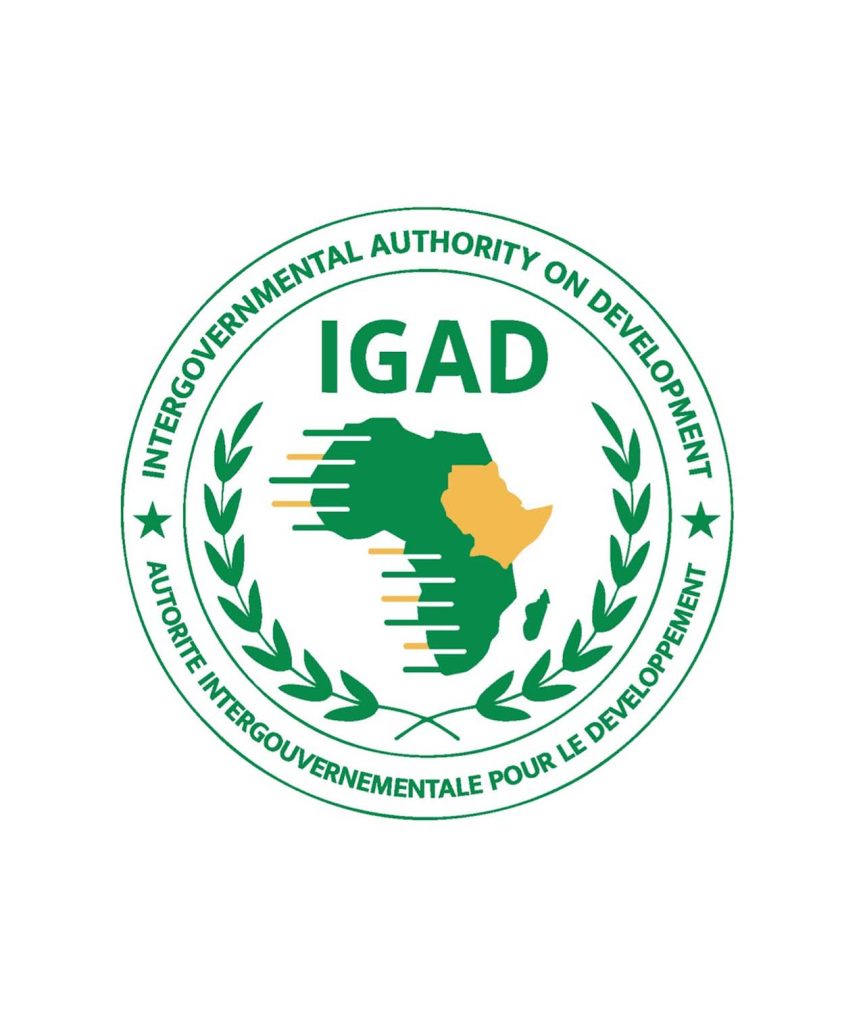Origin: OCHA
This Flash Update is prepared by OCHA, in coordination with humanitarian partners and authorities in Somalia and covers the situation as of 5 August 2025. The next update will be issued as soon as additional information is available.
HIGHLIGHT
Severe drought conditions, following prolonged dry spells, have been reported in several regions, particularly Mudug, Nugaal, Bari, Awdal, Woqooyi Galbeed, and Sanaag.
An estimated 2.5 million people live in areas that are currently classified as moderately or severely affected by drought conditions across 26 districts, of which 887,000 people are living in severely affected areas in 16 districts.
A joint assessment mission by UN agencies and partners is underway in some of the most affected areas in Puntland and Somaliland from 3 to 7 August, to determine key needs and inform response planning.
Preliminary reports point to escalating food insecurity, dwindling access to water and pasture, and major disruptions to livelihoods. Authorities have issued appeals for urgent humanitarian assistance.
The Somali Government is mobilising the private sector and diaspora to assist affected people. On 3 August, the Somalia Disaster Management Agency received a donation of USS$200,000 from the authorities in Banadir region.
SITUATION OVERVIEW
Severe drought conditions, following prolonged dry spells, have been reported in several regions, particularly Mudug, Nugaal, Bari, Awdal, Woqooyi Galbeed, and Sanaag. An estimated 2.5 million people live in areas that are currently classified as moderately or severely affected by the drought conditions across 26 districts, of which 887,000 people are living in severely affected areas in 16 districts.Five of the 26 moderately or severely affected districts—Zeylac, Lughaye, Bossaso, Gaalkacyo, and Hobyo—are on the list of the areas that were recently reprioritized for assistance by the Humanitarian Country Team. The reprioritization was done to align the ongoing humanitarian programmes in Somalia with recent severe funding reductions.
UN agencies and partners led by OCHA are conducting a joint assessment in some of the worst-affected districts in Puntland and Somaliland from 3 to 7 August, to determine priority needs and inform response planning. Preliminary findings indicate escalating food insecurity, dwindling access to water and pasture, and major disruptions to livelihoods. Authorities have raised concerns and issued appeals for urgent humanitarian assistance. In Mudug region, partners report deteriorating conditions due to the failure of the last two consecutive rainy seasons. Shallow wells have dried up, and water prices have nearly doubled—from US$70 to US$130 per 10,000-litre tank. Farming activities have been disrupted, and 83 health facilities and 26 strategic boreholes are no longer functional. Pastoralist communities are reportedly migrating with their livestock to other parts of Mudug and across the border into Ethiopia’s Somali region in search of water and pasture.
Similar conditions are reported in several districts of Puntland State, where two consecutive rainy seasons have also failed. Rural communities, as well as displaced and conflict-affected populations in Nugaal, Bari, and Karkaar regions, are among the hardest hit. Over 134 boreholes are no longer operational, water prices continue to rise, and basic health and education services have been severely impacted. On 2 August, Puntland authorities appealed for urgent assistance to support 800,000 people, citing the depletion of water sources, pasture, and food supplies. In Sanaag and Togdheer regions, partners report prolonged drought conditions and worsening food security, particularly in Taleex, Godaalo, Xudun, and Buuhoodle districts.
Somaliland declared a drought emergency on 22 July, noting that wells have dried up, pastureland is depleted, and livestock are dying. A follow-up appeal on 29 July requested food assistance, water trucking, rehabilitation of non-functional wells, livestock feed, and the provision of nutrition and health services to 650,000 people. An assessment conducted by authorities and partners in Awdal from 15 to 18 July identified widespread water and pasture shortages, extreme temperatures, and significant livestock losses—especially in Lughaye and Zeylac districts. The assessment called for food distribution in all affected districts—Baki, Borama, Lughaye and Zeylac—to stabilise food security and prevent acute malnutrition. It also recommended emergency water trucking to remote villages and rehabilitation of non-functional water systems and health infrastructure. The situation is escalating at a time when more than 38 health and nutrition facilities in Awdal are reporting critical service gaps due to funding constraints.
According to the FAO-Somalia Water and Land Information Management (SWALIM) programme while wetter conditions were recorded in southern Somalia during the recent Gu (March–June) rainy season, widespread dryness persisted in the northern regions. Seasonal rainfall totals remained significantly below average, with cumulative rainfall below 50 mm in areas in Awdal, Sanaag, and Sool regions. This resulted in insufficient moisture for pasture or crop regeneration, which will have implications for livelihoods in affected areas.
HUMANITARIAN RESPONSE AND GAPS
Since June, humanitarian partners in Somaliland have assisted over 7,850 households affected by drought conditions (approximately 47,100 people) with food, cash assistance, and relocation support. On 20 July, authorities distributed food to 5,500 households in Awdal and Woqooyi Galbeed regions. Partners also provided US$100 in cash assistance to over 1,500 households in Ceerigaabo and Caynabo, and $140 to 720 households in Togdheer and Sanaag regions.
On 22 July, the President of Somaliland appointed a 15-member drought response committee to coordinate relief efforts and mobilise resources. He also met with local businessmen, urging them to support affected communities. On 26 July, the Government of Djibouti donated food assistance for 15,000 households affected by drought conditions. A separate foundation donated 1,000 truckloads of water, while the United Arab Emirates contributed food for 9,000 affected households.
Partners in Puntland have reached 111,000 people with cash-based assistance since July, including food and multi-purpose cash transfers targeting the most vulnerable populations in Bari, Nugaal, Sanaag, Togdheer, and Mudug regions. Water and Sanitation Cluster partners are also mobilising resources to repair key non-functional boreholes to improve water availability, particularly in rural areas.
The Somalia Humanitarian Fund, managed by the UN Humanitarian Coordinator, is preparing a new funding allocation to deliver integrated life-saving assistance to affected communities in selected priority districts. At the same time, the Federal Government of Somalia is mobilising support from the private sector, diaspora and others to assist affected populations. On 3 August, the Somalia Disaster Management Agency (SODMA) received a donation of USS$200,000 from the authorities in Banadir region for drought response.

